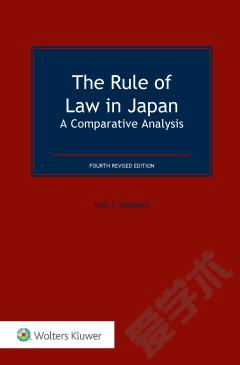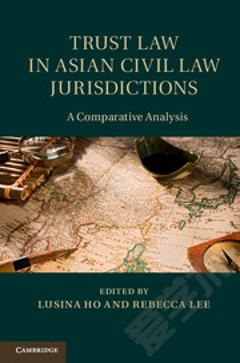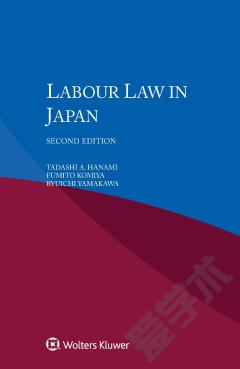The Rule of Law in Japan —— A comparative analysis
----- 日本的法治:比较分析
This text discusses various Japanese legal topics in comparison to the United States approach to these same topics and analyses whether what you see as the written law in Japan is what you get in reality. The foundation for the present Japanese legal system is explored, as is the structure, makeup, and independence of the Japanese judiciary and legal professions. The application of the Japanese Constitution to activities of and limitations on powers of the Japanese government are analysed, as are the scope and limitations of the Japanese constitutional guarantees of religious freedom, sexual equality, equal rights, and rights of the criminally accused. The special Renunciation of War clause of the Japanese Constitution and court decisions dealing with the clause are analysed to discover how the clause has gone from prohibiting all military establishments to permitting a world class military. Substantive legal areas, including contracts, treaties, and corporate law, are discussed. The Japanese civil litigation system, the perceived shortcoming in that system and ongoing steps at judicial reform are analysed. Similarly, the attempt of the American Occupation to significantly change the administrative law of Japan by incorporating American legal concepts in Japanese administrative law is compared to the actual legal state of affairs in Japan. The text discusses the concepts underlying the reasons for the difference between the written law in Japan and the actual working of the Japanese legal system and considers how the ongoing process of judicial reform in Japan, which has as its stated goal the advancement of the Rule of Law, may affect changes in the legal system as Japan moves its legal system into the 21st century.
{{comment.content}}








 京公网安备 11010802027623号
京公网安备 11010802027623号